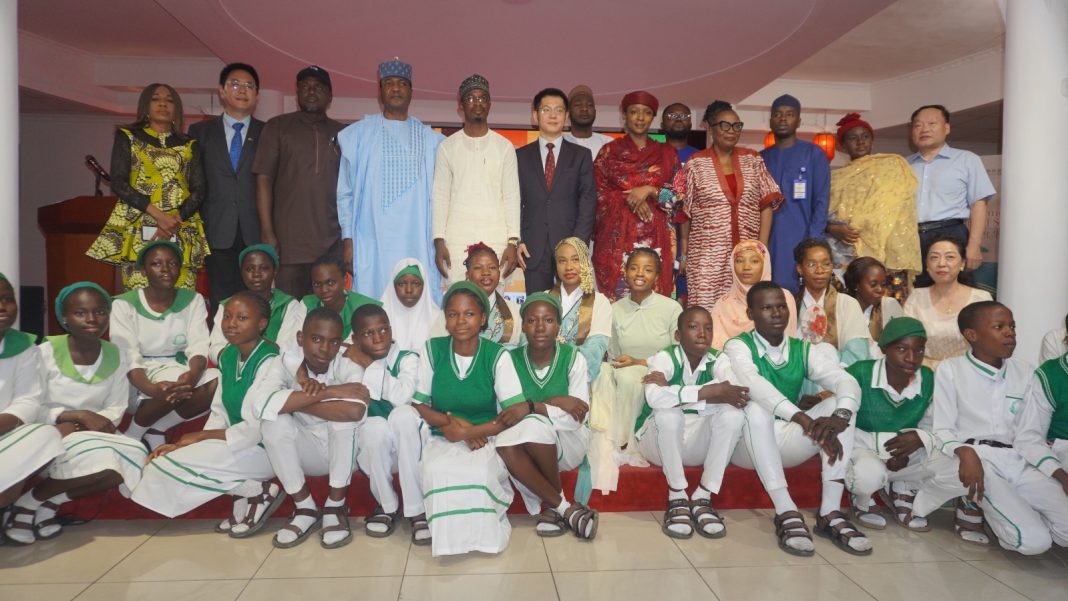 Nigeria’s chances of qualifying for the 2026 FIFA World Cup have improved significantly following the Confederation of African Football’s (CAF) decision to revise the qualification format after Eritrea’s withdrawal from the ongoing campaign.
Nigeria’s chances of qualifying for the 2026 FIFA World Cup have improved significantly following the Confederation of African Football’s (CAF) decision to revise the qualification format after Eritrea’s withdrawal from the ongoing campaign.
Eritrea’s exit left Group E with only five teams instead of six, creating an uneven playing field. To ensure fairness across all groups, CAF and FIFA are reportedly set to disregard results against the bottom-placed sides when ranking the best runners-up.
According to a circular dated March 14, 2025, and signed by CAF’s Director of Tournaments and Events, Samson Adamu, any group reduced to fewer than six teams due to a withdrawal or disqualification will have results against the lowest-ranked teams excluded when comparing second-placed nations.
The amendment, made under Article 11.5 of the FIFA World Cup 2026 preliminary competition regulations, is designed to maintain uniformity in determining the four best runners-up across Africa.
If applied, the adjustment could see countries such as Burkina Faso, DR Congo, Madagascar, and Gabon lose as many as six points, potentially reshaping the qualification table.
Cameroon and Nigeria are among the teams expected to benefit, with Nigeria’s standing likely to rise as a result — giving the Super Eagles a stronger chance of reaching the playoffs.
Currently, Nigeria trail the group leaders, having collected just two points from matches against bottom-ranked Zimbabwe. Under the proposed rule, those results could be discounted, improving Nigeria’s qualification prospects.
With crucial fixtures against Lesotho and Benin ahead, the Super Eagles will be eager to capitalize on the revised system, secure key victories, and revive their push to return to the World Cup after missing out on Qatar 2022.
CAF emphasized that the rule change was essential to preserve fairness, transparency, and sporting integrity amid unforeseen withdrawals during the qualification process.



